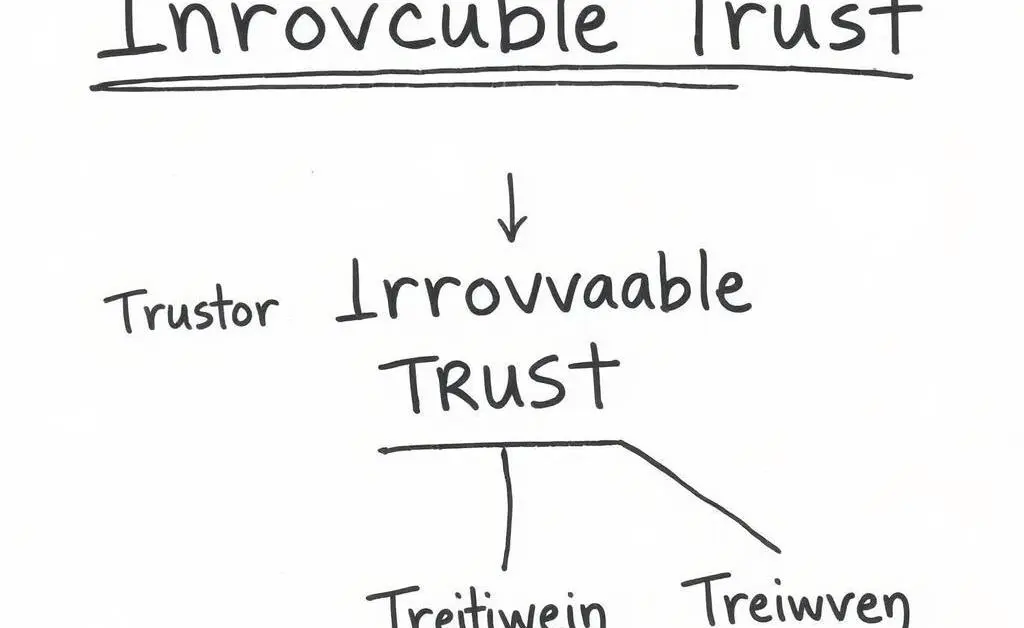Understanding Irrevocable Trusts: A Guide for Beneficiaries
Explore the key benefits and considerations of being an irrevocable trust beneficiary. Practical insights explained.

Hey there! If you’ve ever wondered what really goes on with irrevocable trusts and what it means to be named a beneficiary, you’re in the right place. This guide is like having a chat with a knowledgeable friend who's going to help you navigate this often murky water. So, grab a cup of coffee and let’s dive in!
What is an Irrevocable Trust?
In simple terms, an irrevocable trust is a financial arrangement where the creator of the trust transfers their assets into a trust, administered by a trustee, for the benefit of the designated beneficiaries. Now, here’s the kicker — once you place an asset in an irrevocable trust, you can’t just take it back or change the terms. It’s like writing a letter in permanent ink; there’s no erasing it.

Why Use an Irrevocable Trust?
Why would anyone want to ‘lock away’ their assets like this? Well, irrevocable trusts offer several benefits:
- Tax Savings: They can provide tax advantages, potentially reducing estate taxes, which is quite beneficial for those with significant estates.
- Asset Protection: Assets in these trusts are generally shielded from creditors and legal judgments.
- Control Over Distribution: The terms of the trust dictate how and when beneficiaries receive assets, offering a level of control that might be desirable for the trustor.

Key Responsibilities: Beneficiaries and Trustees
If you’re named as a beneficiary, it’s crucial to understand your role doesn’t come with management responsibilities, but it’s good to be informed about the trust's terms and communicate with the trustee.
The trustee, on the other hand, has the task of managing and distributing the assets in accordance with the trust’s terms. This could involve making investment decisions and handling the trust’s legal and financial tasks.
Common Questions from Beneficiaries
Let’s address some of the most common queries:
- Can beneficiaries change the trust? Generally, no. The stipulations are set unless a court orders otherwise or there are provisions in the trust that allow changes.
- What if the trustee isn’t doing their job? Beneficiaries can usually request an accounting of the trust and, if necessary, seek legal action if a trustee fails in their duties.

Wrapping It Up
Being a beneficiary of an irrevocable trust can feel overwhelming at first, but understanding your rights and the trust’s purpose can ease a lot of those initial jitters. Whether it’s the potential tax benefits or the peace of mind knowing your loved ones are provided for, irrevocable trusts serve varied purposes.
Ultimately, it's all about communication and knowing the rules of the road. If you’ve found this insightful, or if you have experiences of your own to share about being a beneficiary, I’d love to hear your thoughts in the comments! What’s been your biggest takeaway or challenge?




